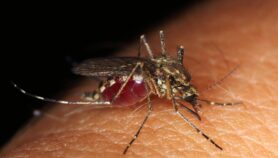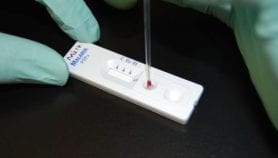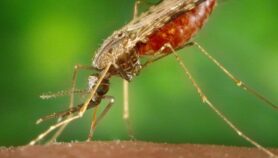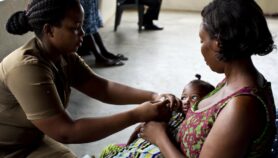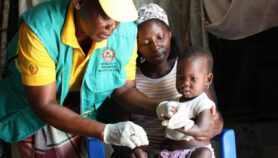27/05/22
Findings on malaria immunity could help vaccine development
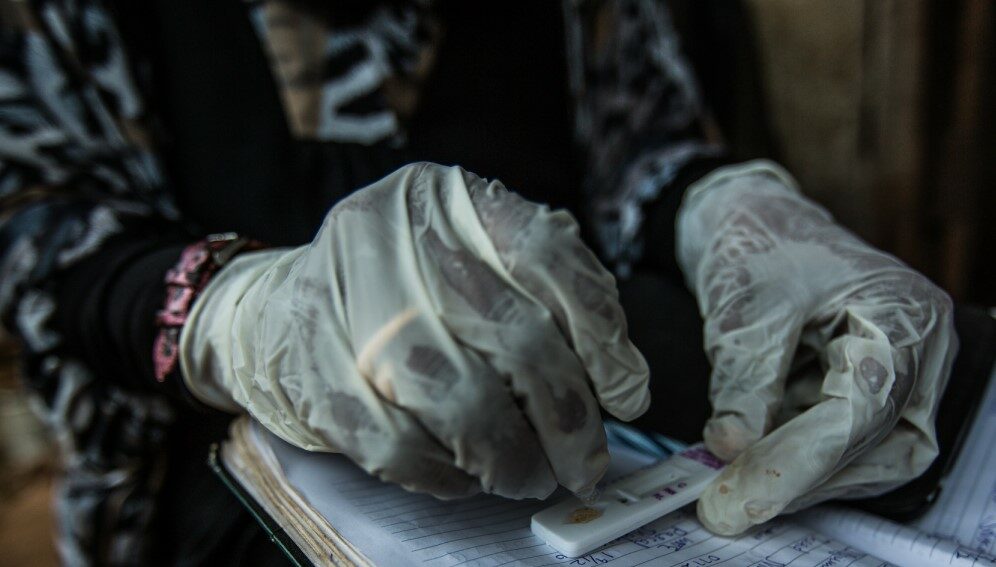
By: Ochieng’ Ogodo
Send to a friend
The details you provide on this page will not be used to send unsolicited email, and will not be sold to a 3rd party. See privacy policy.
[Nairobi] Understanding how people exposed to malaria for the first time develop immunity could lead to creating more effective treatments including vaccines to fight the disease, researchers say.
The World Health Organization (WHO) in October 2021 recommended widespread use of RTS,S/AS01 (RTS,S), the only malaria vaccine for children in Sub-Saharan Africa and other regions with moderate to high malaria transmission.
But researchers say that this vaccine targets the parasites before they move to the bloodstream to cause severe symptoms, prompting them to explore how other potential vaccines could be used to break the cycles of malaria parasites in the bloodstream.
“If we can understand how the immune system regulates the symptomatic part of the disease, we can also start to develop strategies to reduce symptoms.”
Christopher Sundling, Karolinska Institutet
In a study published in the journal Cell Reports last month, researchers analysed the immune response differences in individuals infected with malaria with prior exposure in Sub-Saharan Africa and for the first time in Sweden from 2011 to 2017.
“We used several methods to closely investigate the immune cells, inflammation markers in the blood, and antibodies, which we then analysed,” says Christopher Sundling, co-author of the study and a principal researcher at the Department of Medicine, Solna, at Karolinska Institutet in Sweden. “We also assessed how different immune cells responded to exposure to malaria parasite-infected red blood cells.”
The researchers found that individuals infected with malaria for the first time had significantly higher levels of cytokines – proteins that regulate the immune response to inflammation – than individuals previously exposed to malaria.
“If we can understand how the immune system regulates the symptomatic part of the disease, we can also start to develop strategies to reduce symptoms while retaining disease control,” Sundling explains.
Researchers say that the findings could lead to the development of malaria vaccines that target malaria parasites in the bloodstream, potentially making them superior to the existing vaccine. Finding from a pilot roll out of the existing vaccine showed a 30 per cent reduction in severe malaria.

“Once [the parasite] enters the bloodstream and gives symptoms, the pathogen is at a different stage where the vaccine does not work … This is a weakness of the current vaccine,” Sundling adds.
He tells SciDev.Net that finding strategies to get infected people to a stage where they do not die from the infection could be the game-changer for people living in malaria-endemic areas.
Donald Apat, programme manager of the Global Fund Malaria Project at Amref Health Africa, says that there has been uncertainty about the effective mechanisms involved in reducing malaria parasite burden, including an inadequate understanding of mechanisms for developing immunity against malaria parasites.



“The expanding understanding of these immune responses to malaria parasite as provided in this study will likely provide a better foundation for further development of … effective vaccines, similar to success observed in the recently developed RTS, S vaccine,” Apat tells SciDev.Net.
“This could contribute to a significant reduction in disease and deaths,” he adds.
This piece was produced by SciDev.Net’s Sub-Saharan Africa English desk.





